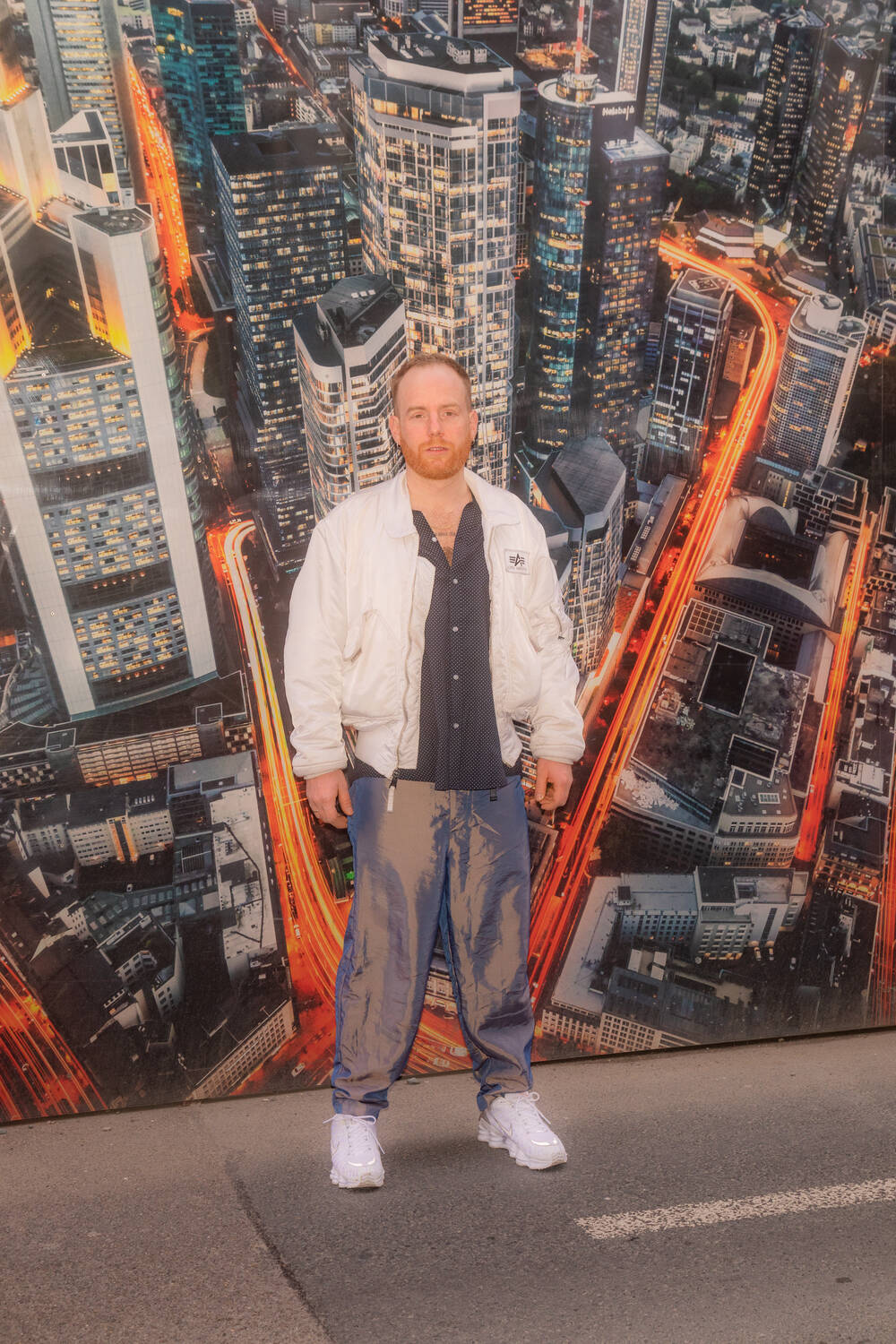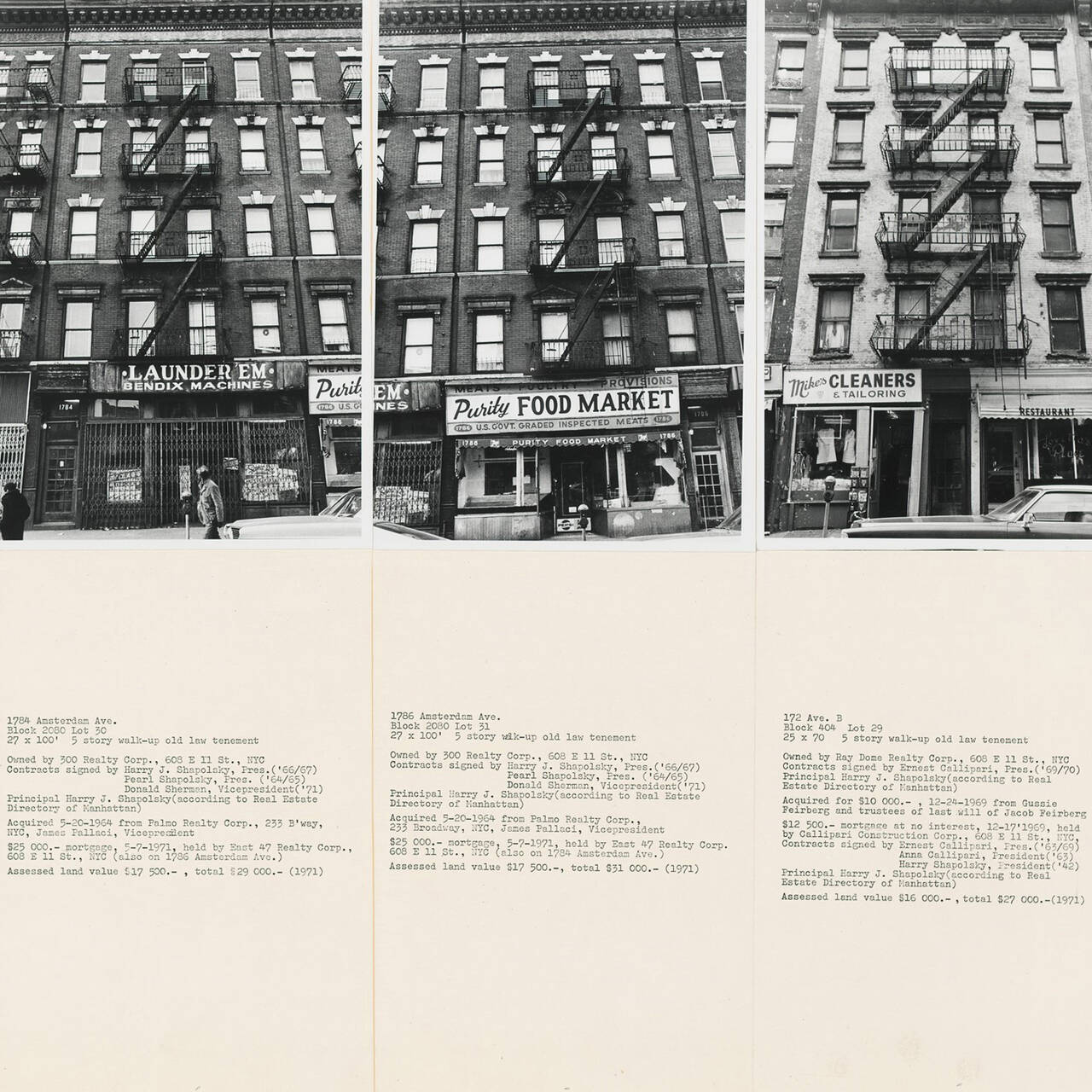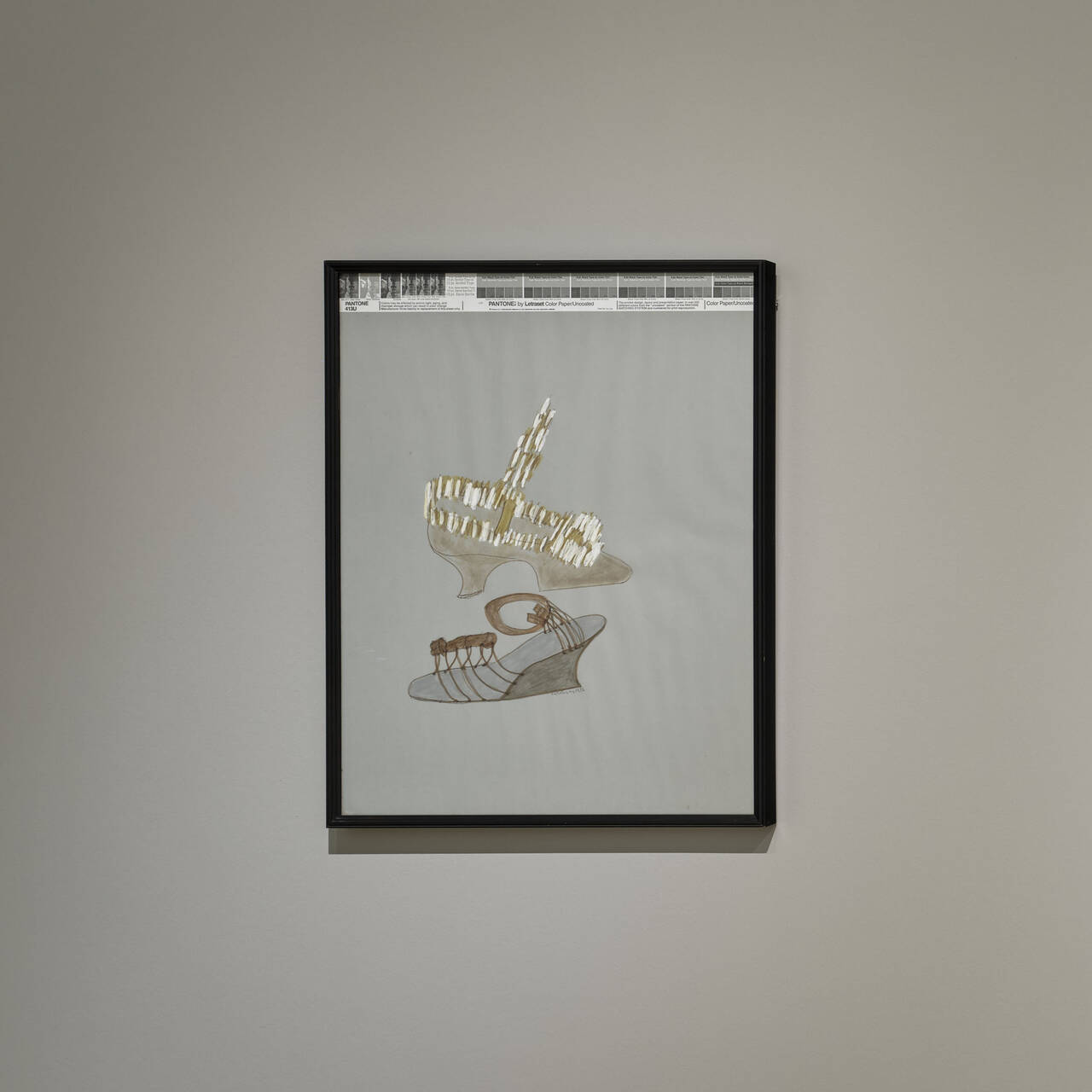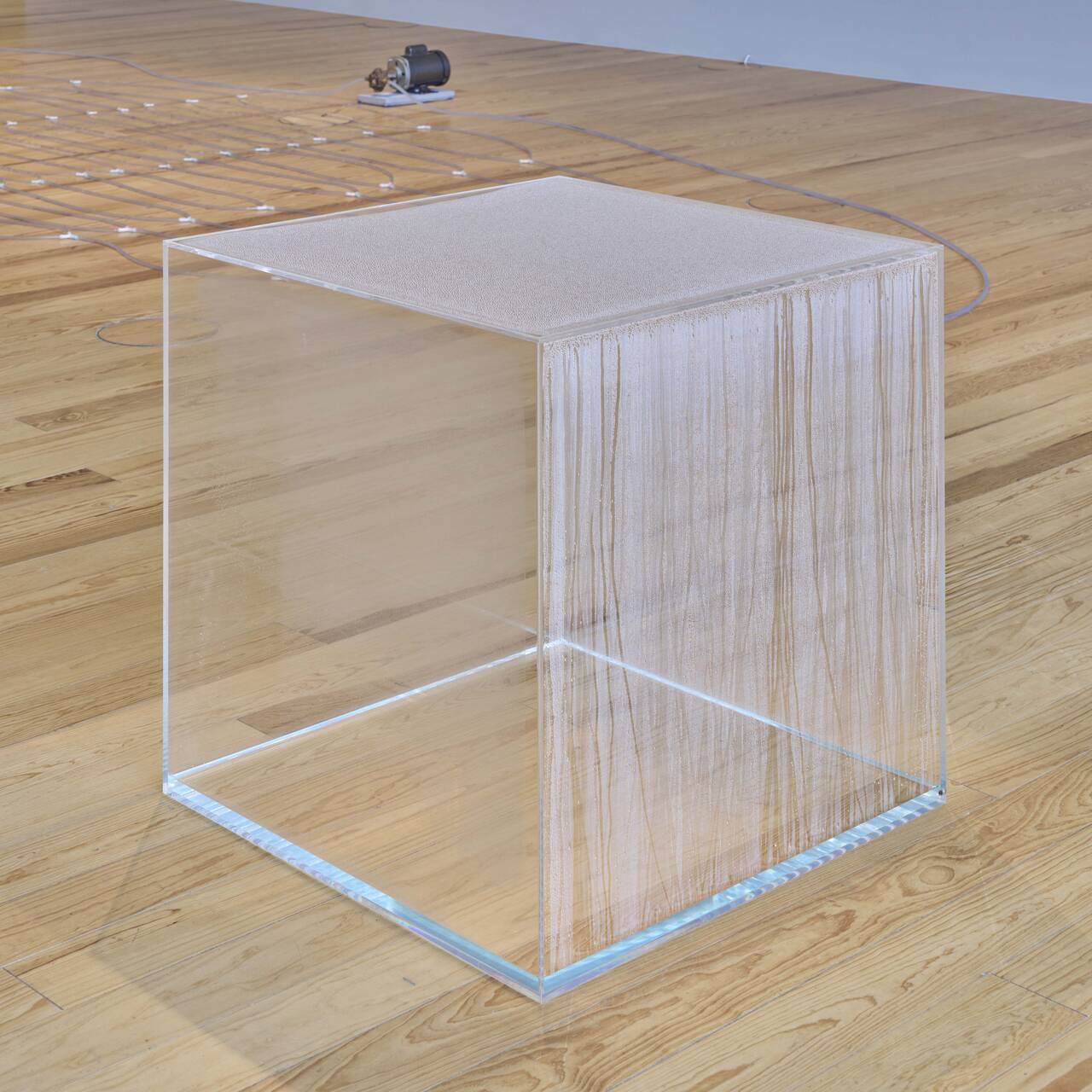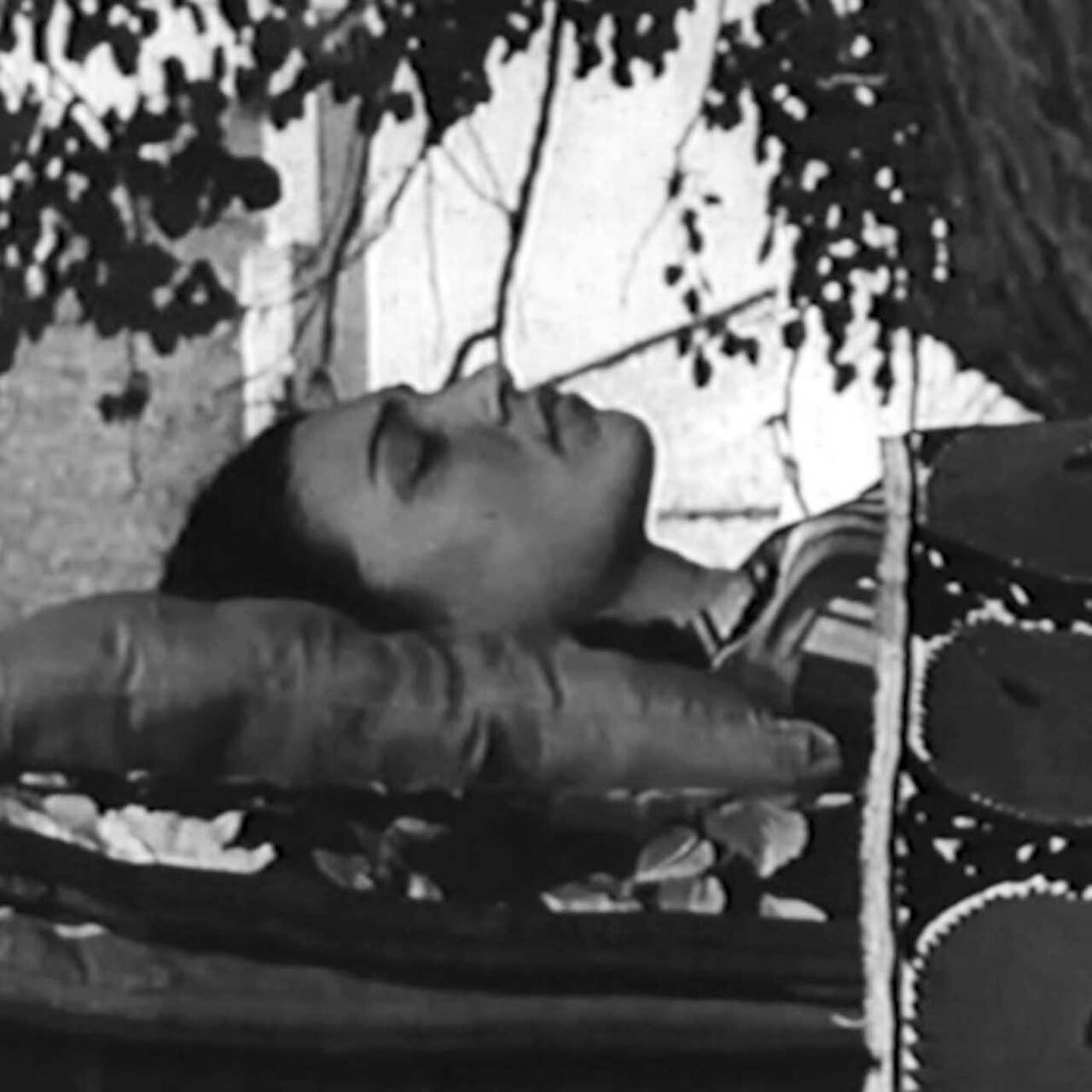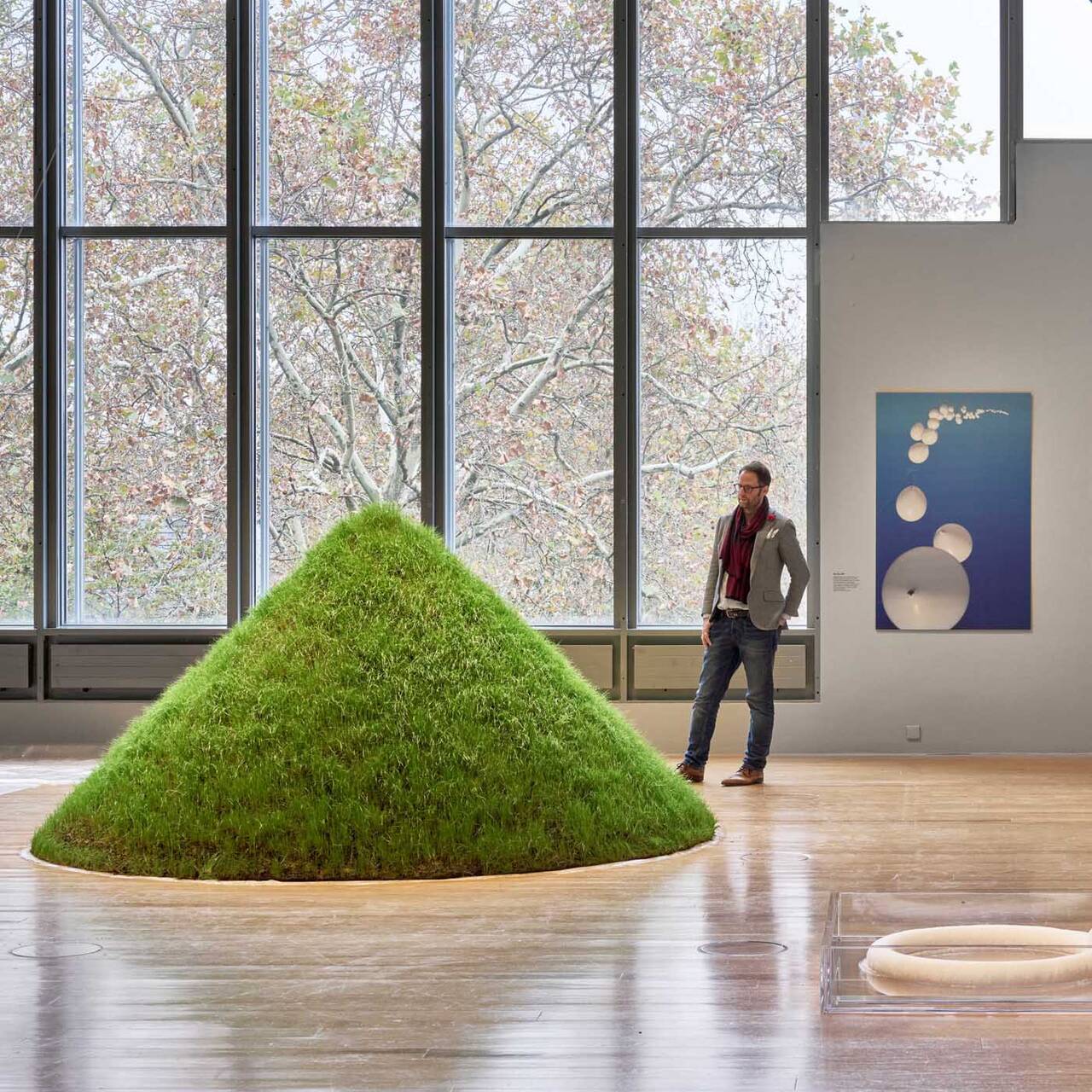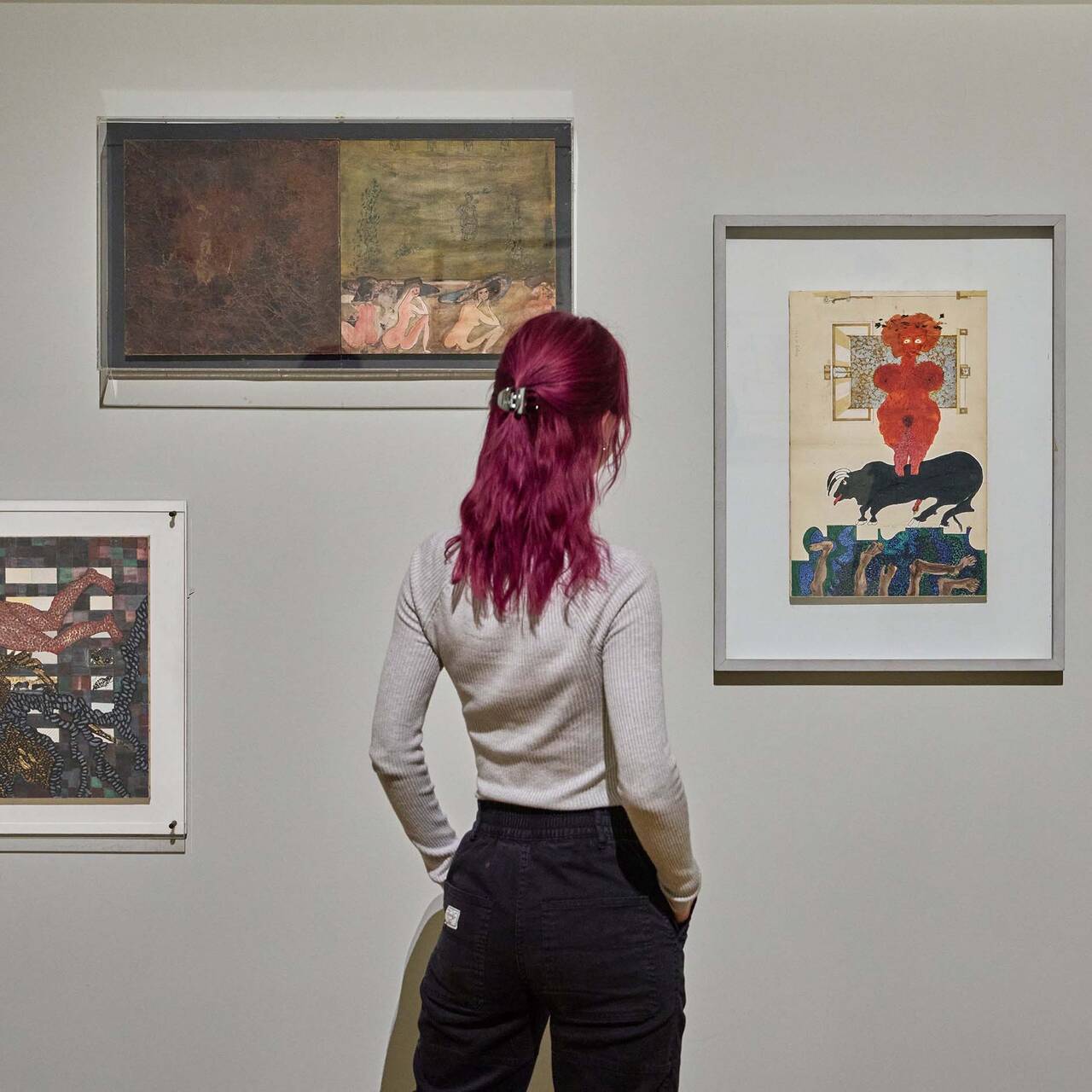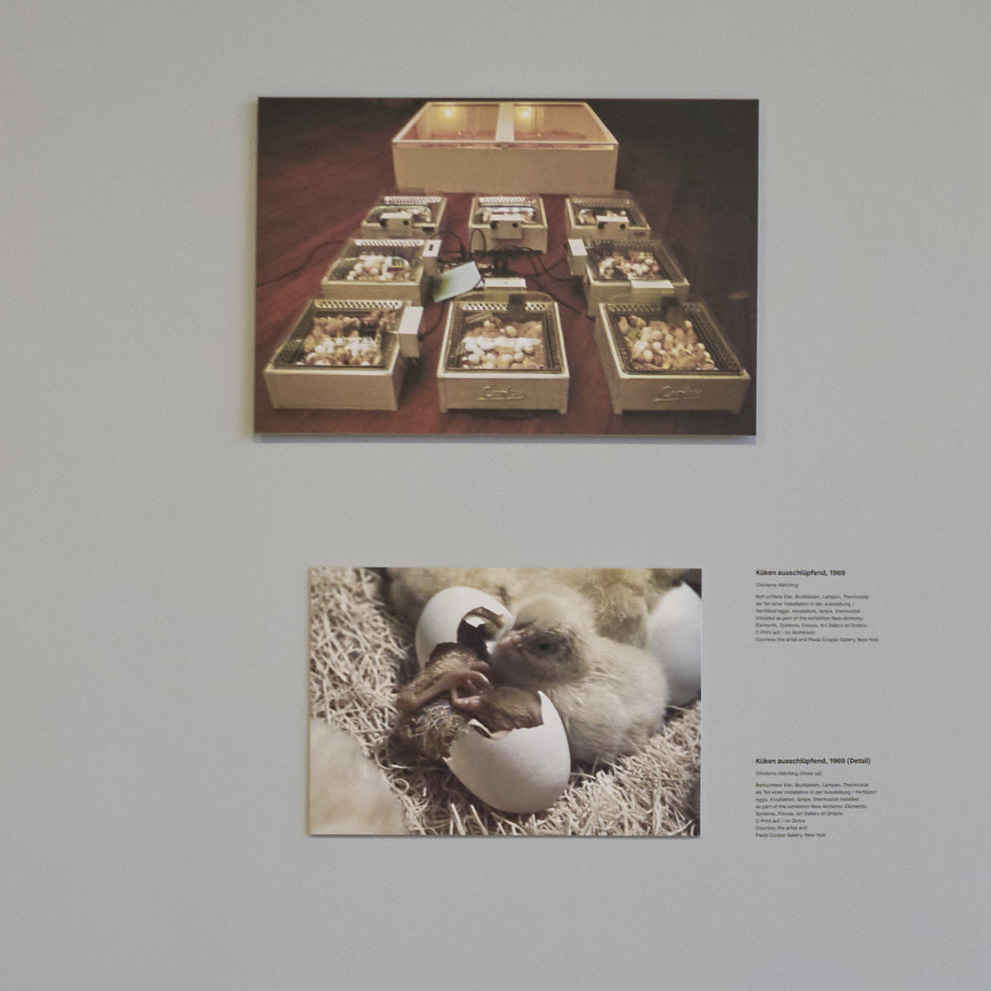Be it as a sci-fi utopia in the context of the gig economy or as a documentary discussion of the dystopian notions underpinning the fake micronation ‘Liberland’: The videos by DOUBLE FEATURE artist Johannes Büttler show that however different socially imagined outlines of tomorrow’s world may be, they all remain closely bound up with the realities of capitalism.
“A whole world of freelance talent at your fingertips,” is how virtual marketplace Fiverr advertises its business model where you click your mouse and for a few euros buy videogame designs, voice overs, corporate consultancy, translations and all the things you might otherwise associate with the big wide world of “content creation”. In the course of the last decade, under the banner of the “gig economy” an entire business sector has evolved world-wide in which freelancers offer their labor through such portals. As a rule, they pay a double-digit percent of the fee to the platform operator and in return enjoy little work protection, as well as being subject to fairly precarious working conditions. In 2019, in the context of his solo show “Wenn ich nicht hier bin, bin ich auf’m Sonnendeck” (If I’m not here then I’m on the sun deck) Johannes Büttner took a closer look at “precisely that gig economy”. In collaboration with six gig workers who are based in China, India, Indonesia, Nigeria, South Africa, and Tunesia he then made the video installation “The Factory” (2020).
Searching for the next gig
Looking back, the global digital day-laborers, shot here only logically in Smartphone portrait format, talk about the life circumstances that forced them into the gig economy: They speak of debts, family distress and emergencies, and a lack of prospects locally. And of course they talk about the working conditions that they then encountered: They describe how always being on call and searching for the next job, the next gig is a mental burden that soon also has a physical impact. The difference being that in Büttner’s “The Factory”, the precarious workers rise up against the conditions thanks to a technological invention very much in line with a sci-fi utopia and join ranks worldwide. All hunky dory? Possibly not really, as the artist himself objected in interview with online magazine ‘Passe-Avant’: “It soon becomes clear just how much their [the workers] ideas of the future, of progress, and of utopia are defined by life in capitalism. Work and productivity play a crucial role in every description of utopia “Everyone wants to create” is one striking sentence voiced in the video and one that always makes me feel sick for a moment because I feel caught out.”
Büttner’s new video piece is called “Terra Nullius” (2024) and this time in a documentary vein revolves around ideas of an alternative society that can be described more readily as dystopias. Here, the artist travels the self-declared Free Republic of Liberland, an internationally not recognized fake micronation on an uninhabited piece of land that is administered by Croatia but is actually located inside Serbia’s territorial borders. As one soon finds out in “Terra Nullius”, the fake nation has the self-declared purpose of being a tax haven and attracts a bizarre hodgepodge of persons who are dissatisfied with the respective national and/or social status quo: They range from self-appointed ex-fascists, conspiracy ideologues, xenophobes, members of fringe communities, anarcho-capitalists through to those left behind by society.
“Terra Nullius” has these inhabitants speak with as good as no commentary – citizenship can be purchased for 10,000 US Dollars. The inhabitants intend either to earn money tax-free using Blockchain technology, expect to enjoy unlimited freedom or out of fear of ostensible state paternalism or a “flood of foreigners” are looking for an escapist haven to which they can retreat. Only shortly after the nation’s “foundation”, worldwide over 300,000 people form over 184 countries had applied for a Liberland passport. The necessary image video for the Liberland project was contributed by no less an architecture studio than Zaha Hadid Architects that was onboarded for the simulation of the Liberland Metaverse – and forms part of the film project here.
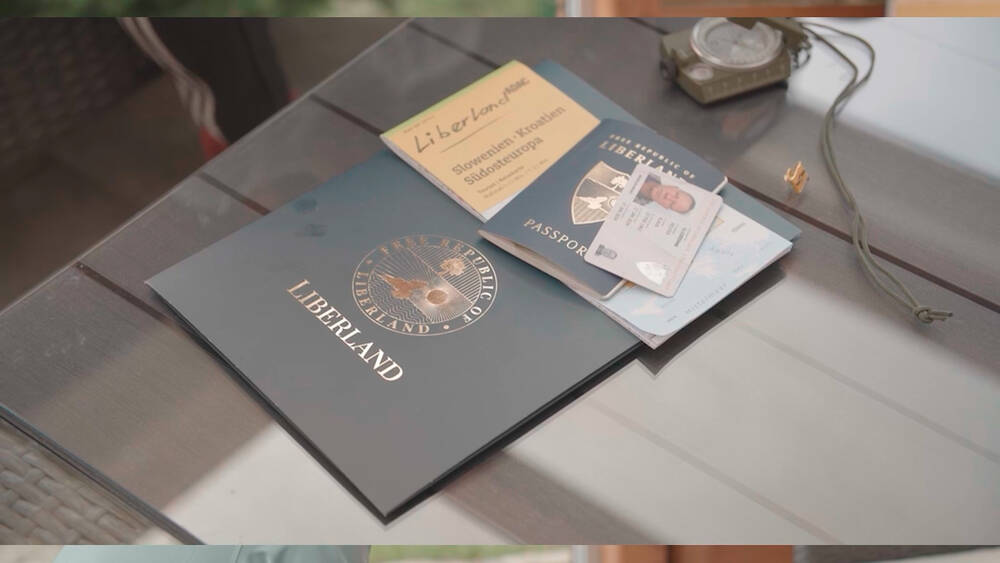
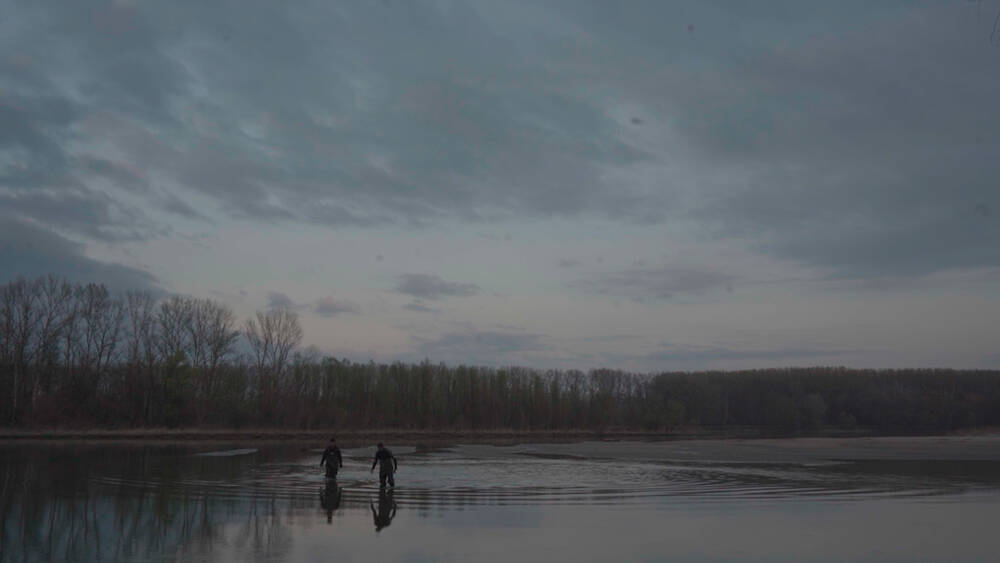
However diametrically opposed the socially-imagined utopias in Büttner’s works may be, both offer a knowledgeable insight into the degree to which these dream images are completely bound up with the realities of capitalism that they cannot escape. He does so in a manner that chimes with what British cultural theorist Mark Fisher (to whom the artist refers elsewhere) said as regards the current political situation: “The mood that Trump and Brexit captured is that of dissatisfaction with capitalist realism. It is not, however, capitalism that is rejected in these unfinished revolts, but realism.”
Fiberoptic cables and asylum applications
As another film, Johannes Büttner has chosen “Please hold the line - How to get through” (1995) by the group “Keine Verbindung e.V.”. The film which at the beginning calls itself an “object lesson with documentary elements, original recordings, and naturally a lot of music”, can be described as a kind of letter claiming responsibility by the group of activists who in 1995 perpetrated an attack on the Telekom fiberoptic network in the forest in Frankfurt, close to the airport.
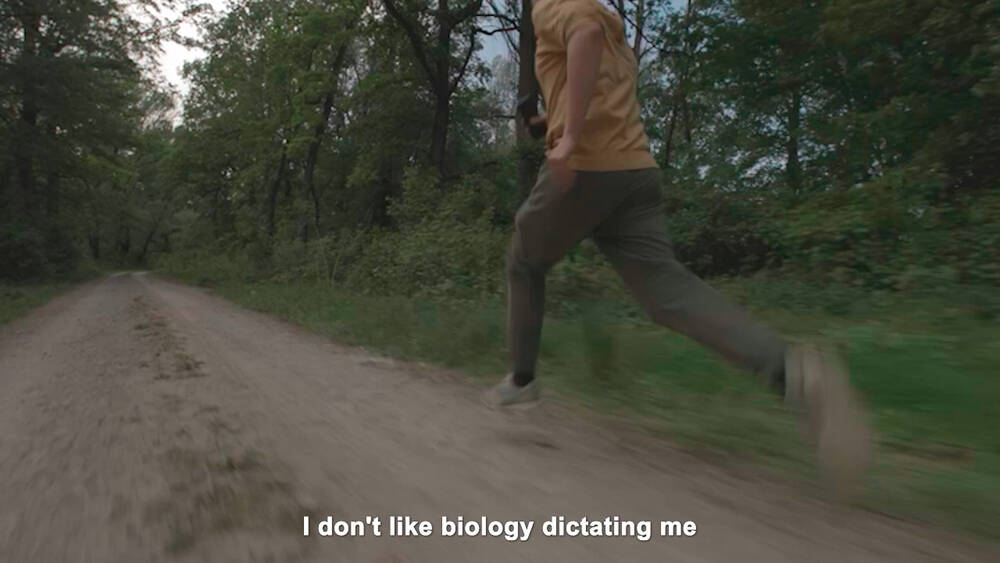
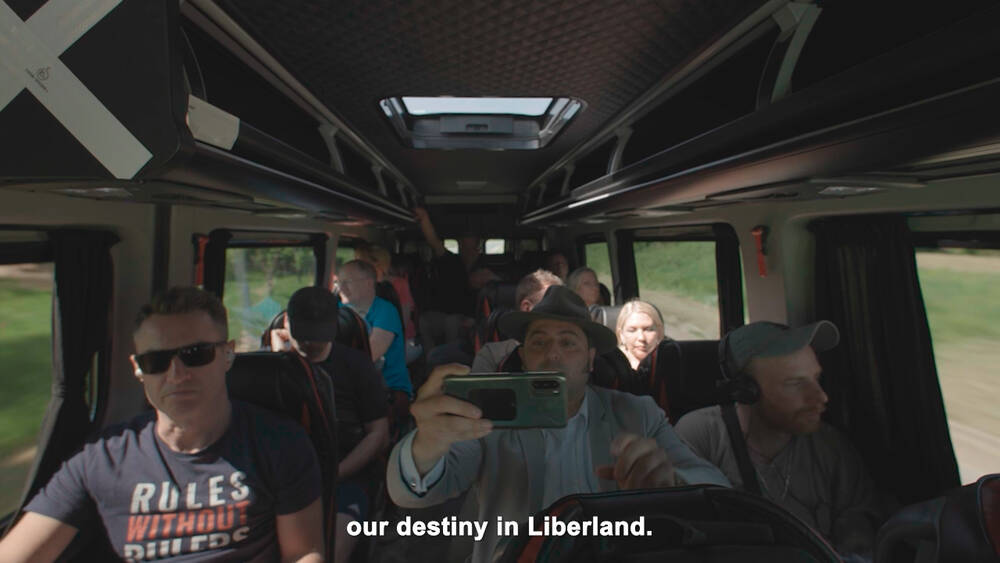
The attack was aimed at the asylum procedures at the airport, or so the then Frankfurt police spokesperson said. In an outer building at the airport people applying for asylum were held in an exterritorial transit area, and as a rule deported only a few days later in a so-called fast-track process by the Federal Border Guard officials who for their part had no special training in asylum law. Excerpts of footage in the film show the disastrous conditions there, while other shots present the situation and sentiment in German immediately after reunification: pogroms lasting several days in Rostock’s Lichterhagen district against immigrants and asylum-seekers, while the police and politicians looked on passively or a right-wing extremist murderous arson attack on a house in Solingen that left five Turkish people dead. As for the damage to the fiberoptic cable, it was repaired in next to no time by the Telekom, which had just been established as a company with the state as its sole shareholder back then.
